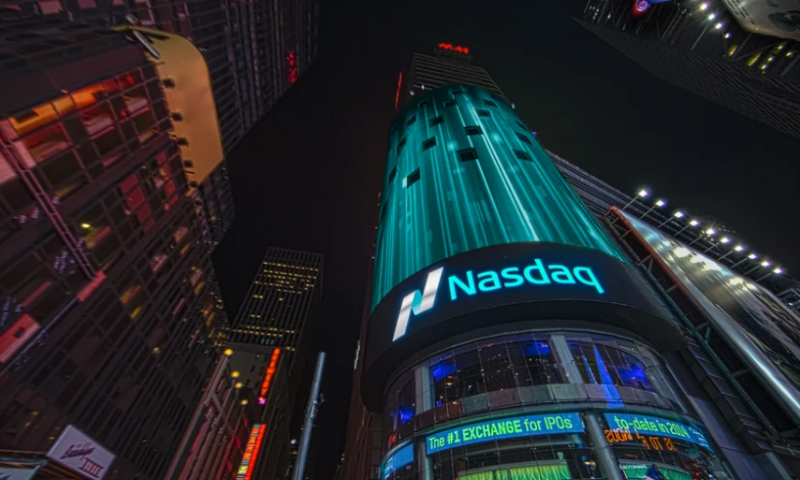Legend Biotech is hoping it can ride the biotech IPO wave and take in a cool $100 million for its cell therapy work.
The Chinese CAR-T player plans to list its stock on the Nasdaq under the ticker “LEGN” to fund the advance of a pipeline spearheaded by Johnson & Johnson-partnered anti-BCMA therapy JNJ-4528, which is in early- to midstage trials.
As it stands, Genscript Biotech owns the lion’s share of Legend. However, with JNJ-4528 closing in on a filing for approval and Legend trialing multiple other CAR-T therapies that are driving up Genscript’s costs, the parent company has decided now is the time to spin its cell therapy unit out and list its stock in the U.S.
The belief held by Genscript and J&J is that Legend is equipped to make a mark in a CAR-T space dominated to date by U.S. companies. J&J helped put Legend on the map in 2017 when it paid $350 million upfront for a global license to anti-BCMA autologous CAR-T JNJ-4528, also known as LCAR-B38M. The deal positioned the companies to evenly split profits generated outside of China.
Since then, data on JNJ-4528 have gone some way toward validating J&J’s bet on the asset. Late last year, J&J posted results from a phase 1b trial that linked the CAR-T to a 69% complete response rate in multiple myeloma patients who had received a median of five prior treatments. All 29 participants responded to the drug.
The data set JNJ-4528 on a path that Legend expects to lead to filings for approval in the U.S. and Europe in 2020. In its Securities and Exchange Commission filing, Legend gave more details on the ongoing tests for JNJ-4528, saying CARTITUDE-1 has completed enrollment of the phase 2 portion in the U.S. with data expected in the second half of 2020.
For the phase 1b portion of the CARTITUDE-1 trial, it revealed that as of April 29, 2020, cytokine release syndrome (CRS), a common but sometimes deadly side effect of cell therapies, was reported in 93% of patients.
It said that while most cases were mild and 7% were clinically considered to be Grade 3 or higher, one patient in CARTITUDE-1 “died as a result of CRS.” Additionally, “one patient died due to acute myeloid leukemia that occurred during the trial, which was considered unrelated to treatment by the investigator, and one patient died due to progressive disease.”
But it noted its safety “has been consistent with the safety profile of other CAR-T cell therapies in hematologic malignancies.”
JNJ-4528 will potentially compete against drugs that target BCMA in other ways, including GlaxoSmithKline’s antibody-drug conjugate and Amgen’s bispecific T cell engager. For Legend, JNJ-4528 is one part of a much broader pipeline. The biotech has autologous CAR-Ts against CD19xCD22 and CD33xCLL-1, plus an allogeneic cell therapy in the clinic in hematological cancers. Legend’s pipeline also features an allogeneic cell therapy that is being tested in gastric and pancreatic cancers.
Legend wants money to support the advance of those programs and will hope to get off that $100 million IPO to help.

